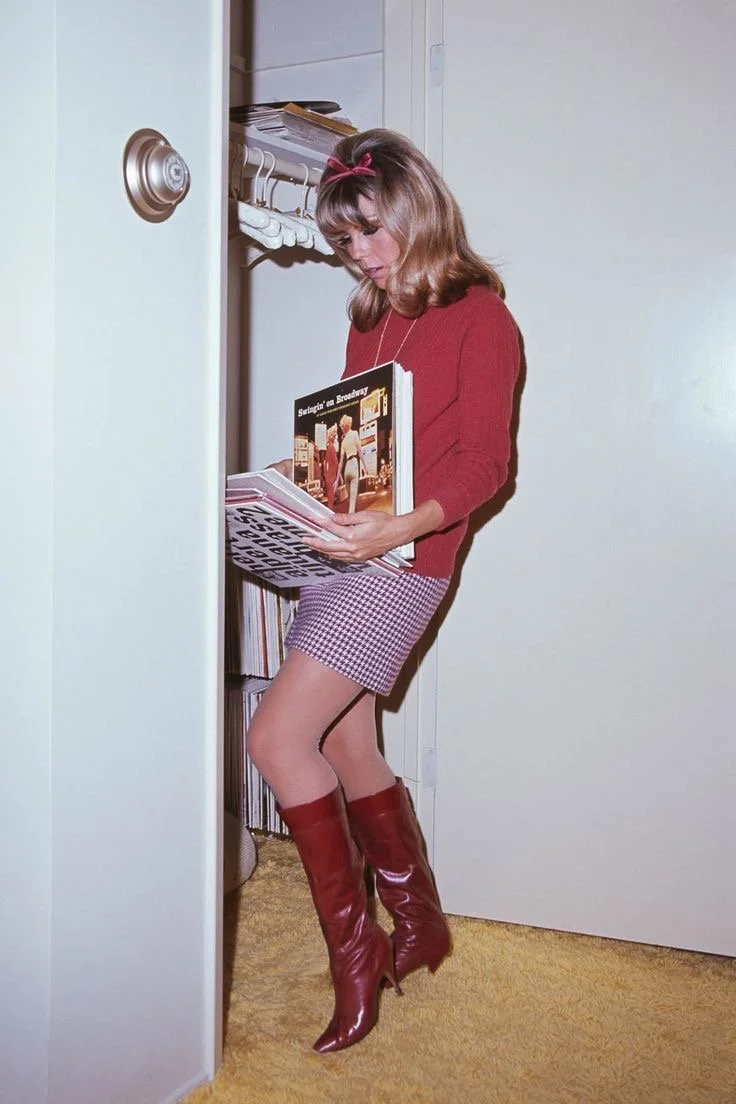Why Are We Yearning for Simpler Times?
By Dawn Sturmon
You’re scrolling again. Not because you need to, but because it’s habit now— like scratching an itch that wasn’t really there. It’s not long before you stumble across a photo of an acquaintance’s “soft launch” engagement ring, an influencer’s meticulously curated morning latte (oat milk? almond? raw? whatever’s trending now), or worse, some breaking news you simply weren’t ready for. And in that fleeting moment, you think to yourself, Was it always like this?
There’s a whisper that echoes across our hyper-connected digital age: the yearning for simpler times. And not the kind of “simpler times” that carries a loaded agenda, but the pre-Internet, pre-social media, pre-knowing-all-the-things-about-all-the-people nostalgia. Back when ignorance wasn’t just bliss— it was the default.
The Pleasure of Not Knowing
In those carefree days, we didn’t know what our old classmate’s breakfast looked like, or that our favorite actor had questionable political opinions. A concert wasn’t an event illuminated by ten thousand iPhones, recording every moment for an audience not even present— it was a memory made. Without infinite access to everyone and everything, there was something delightfully liberating about living in our own bubbles. A world without algorithms meant that life wasn’t curated; it was lived.
Consider this: you probably didn’t know what every person you’d ever met was doing with their life. And wasn’t that kind of lovely? Relationships were built on tangible interactions— conversations held over coffee, handwritten letters, or even chance encounters in line at the grocery store. People were, quite frankly, allowed to remain enigmas.
But now, it’s almost as though our phones have become an extension of ourselves. We wake up to the glow of their screens and let that same glow lull us to sleep at night. They’re the first thing we reach for in the morning and the last thing we put down before bed. It’s a loop that feels inescapable— and utterly exhausting.
But Is Ignorance Bliss?
The argument, of course, is that information empowers us. How can we turn our backs on the democratization of knowledge, the ability to learn, unlearn, and expand perspectives with just a tap? But at what cost? Because alongside the empowerment has come a growing sense of exhaustion.
We know too much now. Too much about climate disasters happening in real time. Too much about what constitutes the “perfect” morning routine (hint: you’re probably not doing it). Too much about that coworker’s vacation in Mykonos and not enough about how to feel content with the fact that you’re at home. The sheer overload is paralyzing.
When did it become our responsibility to process every fragment of news, every social faux pas, and every aesthetically filtered image? It’s as though we’ve traded simplicity for saturation— and the effects are undeniable. Anxiety is up. Happiness, it seems, is down.
The Fantasy of Unplugging
And so, the fantasy emerges: what if we just… didn’t? Didn’t know everything? Didn’t check our phones? Didn’t care about someone else’s hot take on last night’s reality show drama or the latest and greatest makeup tutorial?
Picture it. No push notifications or endless scrolls. Instead, we’d spend an evening playing board games with friends. We’d savor dinner without photographing it. Our mornings wouldn’t be dictated by a social feed but by the sunlight creeping through the blinds.
It’s romantic, isn’t it? To imagine life free from the dopamine loops of likes, shares, and comments. But here’s the paradox: our nostalgia for simplicity is fed by the very systems that make life feel complicated. The posts we see about “unplugged retreats” or sepia-toned throwback moments? They’re all part of the same machine.
A Balanced Approach
What’s the solution, then? Barring a global shutdown of Wi-Fi, it’s unlikely we’ll return to a fully offline existence. But perhaps we can carve out space for what’s been lost.
We can log off— not permanently, but enough to remind ourselves that the world exists beyond a screen. We can embrace the art of selective ignorance, choosing not to know every detail about every event, person, or trend. By making intentional choices about how we engage with technology, we can prioritize connection over consumption.
Inspired by gestures like The Row’s decision to ban phones at its Fashion Week shows, we can create our own tech-free moments. By setting boundaries around when and where we’re connected, we rediscover the joy of being fully present: experiencing the moment as it unfolds, unfiltered and undocumented.
This isn’t about rejecting progress but about reclaiming agency. Let’s leave room for mystery and imperfection. Let’s forget the curated lives of others and focus on living our own.
The Charm of Simplicity
As you ponder this, let the thought linger quietly, like a photograph tucked in a drawer— imperfect, unshared, but fully yours. Because simpler times weren’t about knowing everything. They were about living it— messy, unfiltered, and blissfully incomplete.
A freelance writer, Dawn has crisscrossed the country in a unique path — from holding cue cards on Saturday Night Live to working on Super Bowl commercials. A lover of truth, interior design, french fries, and fashion, you can find her dressed in a hoodie or for the Met Gala — there’s no in-between.


